Want to know more about the Best Political Science Schools In the US and make an informed decision? Here is a good place to start.
Politics can be messy, but finding the right political science school shouldn’t be. Did you know that finding the right political science school can be one of the most important decisions you make as you prepare for your future?
Don’t worry, we’ve got you covered. Sit tight and let me take you on a journey to the top 25 political science schools in the country.
Please note that schools are selected based on our criteria (at the end of the article), ranked by the latest acceptance rate.
Table of Contents
#25. University of Minnesota Twin Cities
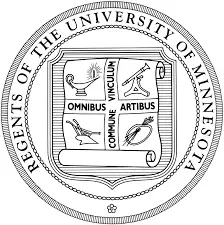

- Acceptance rate: 73%
- Average entry score: 1330-1500 SAT or 27-32 ACT
- Student-to-faculty ratio: 17 to 1
- Estimated cost of attendance (tuition and fees): $121,690
- Average earning potential for graduates: $36,359 (College Factual)
The University of Minnesota’s political science programs are like a box of chocolates. You never know what specialization you’re going to get.
From American politics to political theory, the department offers an array of options for students seeking to strike political gold.
The faculty are no idlers either, actively engaged in top-notch research projects. And if you’re looking to gain practical experience, the department has you covered with internships, study abroad programs, and research assistantships galore.
Source: Department of Political Science, University of Minnesota
#24. University of Wisconsin Madison
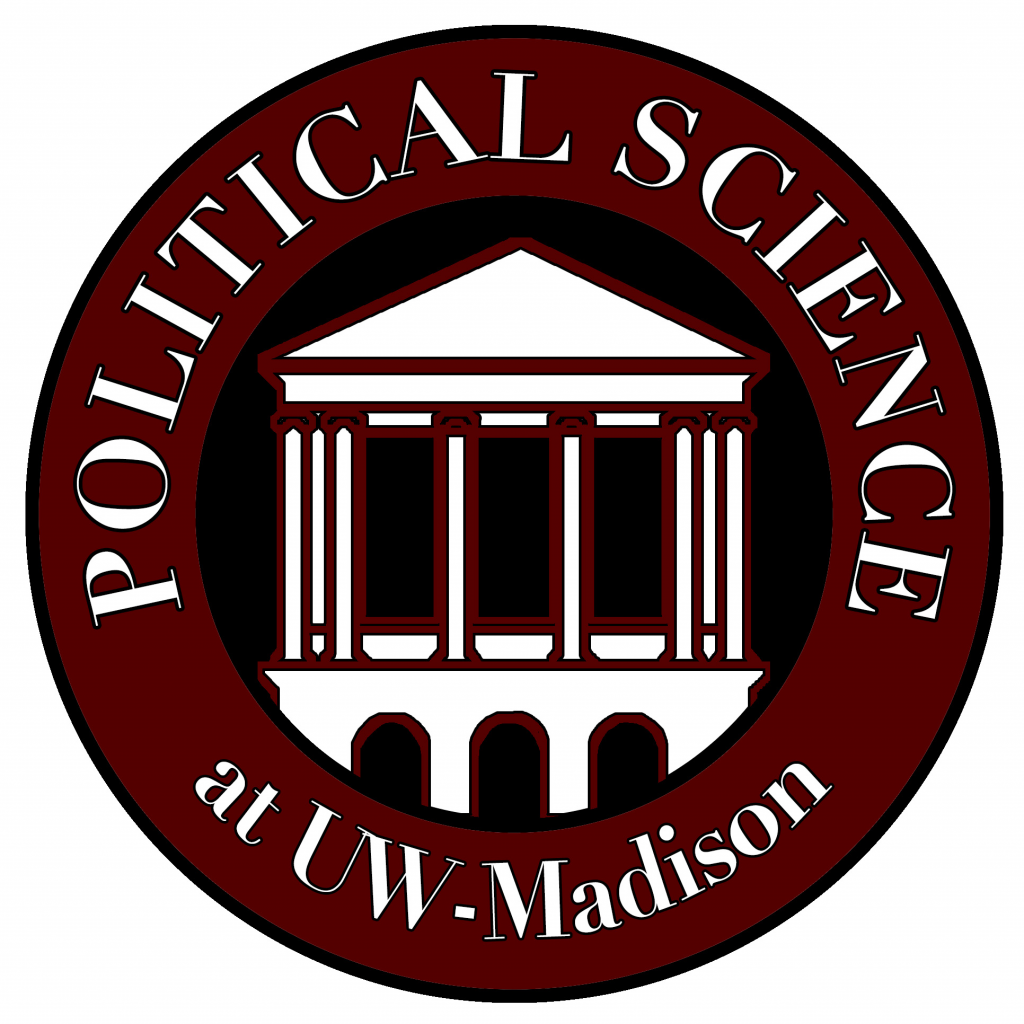

- Acceptance rate: 60%
- Average entry score: 1300-1480 SAT or 28-32 ACT
- Student-to-faculty ratio: 18 to 1
- Estimated cost of attendance (tuition and fees): $27,484-$55,372
- Average earning potential for graduates: $35,789 (College Factual)
UW-Madison Department of Political Science has a long and illustrious history dating back to 1892. Their faculty has been instrumental in shaping the political science discipline and its application in policymaking and public affairs.
Today, UW-Madison’s department is one of the largest programs in the country, offering a wide range of courses at both undergraduate and graduate levels.
They also boast one of the most respected political science departments in the country, with a strong reputation for research and publication.
Source: Department of Political Science, UW-Madison
#23. The Ohio State University
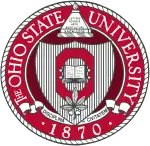

- Acceptance rate: 57%
- Average entry score: 1250-1440 SAT or 26-32 ACT
- Student-to-faculty ratio: 18 to 1
- Estimated cost of attendance (tuition and fees): $29,368-$52,451
- Average earning potential for graduates: $33,926 (College Factual)
The Ohio State University’s political science programs are designed to help students gain an understanding of politics and government.
Students who major in political science at Ohio State get to study a variety of topics, including American government, international relations, and comparative politics.
In addition, students can choose from a number of minors that complement their degree program.
Source: The Ohio State University
#22. Washington University St. Louis


- Acceptance rate: 54%
- Average entry score: 1220-1470 SAT or 29-34 ACT
- Student-to-faculty ratio: 9 to 1
- Estimated cost of attendance (tuition and fees): $30,640-$58,470
- Average earning potential for graduates: $45,909 (College Factual)
Washington University In St. Louis is well-known for their blend of theory and research methods to create a comprehensive political science curriculum.
Their programs provide students with a solid foundation in the field. They have a strong focus on political theory and research, which allows them to stand out from other schools.
Their professors are highly credentialed in their fields, with many holding advanced degrees from top universities.
Source: Washington University in St. Louis
Similar articles like this:
- 25 Best Information Technology Schools In The US
- 25 Best Zoology Schools In The US
- 25 Best Journalism Schools In The US
#21. University of California Davis
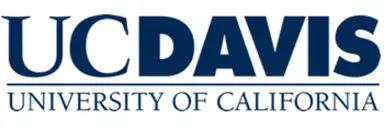

- Acceptance rate: 49%
- Average entry score: 1160-1460 SAT
- Student-to-faculty ratio: 21 to 1
- Estimated cost of attendance (tuition and fees): $37,122-$66,876
- Average earning potential for graduates: $37,330 (Grad Reports)
UC Davis offers diverse political science programs covering American politics, international relations, political theory, and public policy.
Students can choose from a variety of majors and minors, including Political Science, International Relations, and Public Service.
The department’s well-known faculty members provide students with unique opportunities for learning, mentoring, and professional development.
Students can engage with the political world and make a difference in their communities through internships, study abroad programs, and extracurricular activities.
Source: UC Davis
#20. University of California San Diego
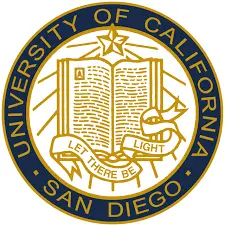
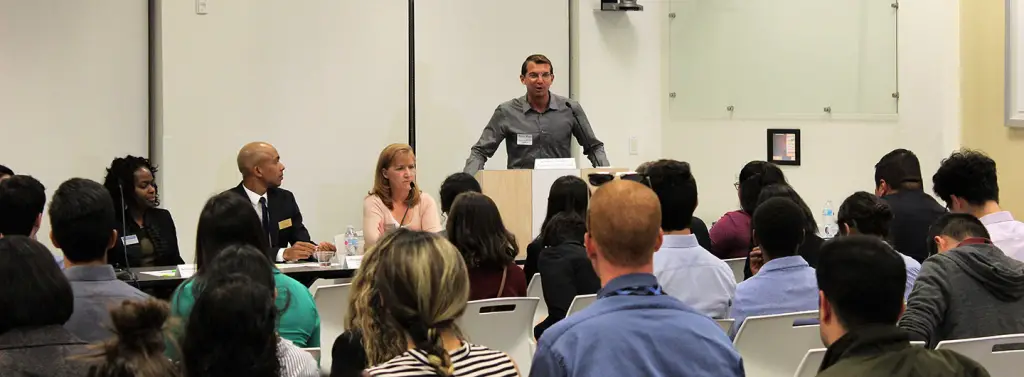
- Acceptance rate: 34%
- Average entry score: 1270-1480 SAT or 28-34 ACT
- Student-to-faculty ratio: 12 to 1
- Estimated cost of attendance (tuition and fees): $36,061-$65,835
- Average earning potential for graduates: $28,579 (College Factual)
UC San Diego’s political science program is a leading department in the United States, offering a unique curriculum and real-world opportunities.
The department, led by expert faculty, provides students with a broad understanding of government, law, and society while allowing them to specialize in their areas of interest.
With cutting-edge research, an innovative curriculum, and a diverse student body, the program creates a warm, supportive environment for students to grow and develop.
Source: University of California San Diego
#19. University of Texas at Austin


- Acceptance rate: 32%
- Average entry score: 1230-1500 SAT or 29-35 ACT
- Student-to-faculty ratio: 16 to 1
- Estimated cost of attendance (tuition and fees): $28,928-$57,512
- Average earning potential for graduates: $41,450 (College Factual)
UT-Austin prepares future political scientists for an ever-changing political landscape. Their goal is to develop students who are “curious, critical and creative thinkers who are able to analyze political phenomena in an objective manner.”
The department is committed to producing students who will be able to make a positive contribution to society through their knowledge of politics and government.
They also seek to prepare students for graduate studies in political science, public administration, and law.
Source: UT-Austin
#18. University of Michigan Ann Arbor
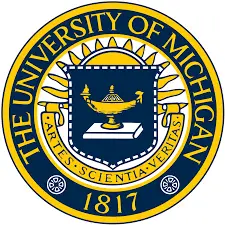

- Acceptance rate: 20%
- Average entry score: 1360-1530 SAT or 31-34 ACT
- Student-to-faculty ratio: 15 to 1
- Estimated cost of attendance (tuition and fees): $32,272-$69,326
- Average earning potential for graduates: $40,625 (College Factual)
Boasting a renowned faculty, varied learning environment, and challenging curriculum, U-M’s Political Science program offers students specialized areas.
The program places emphasis on critical thinking, research skills, and real-world application. Graduates are well-prepared for a range of career paths, including government, law, business, and public policy.
With access to several research centers and institutes, students can engage in pioneering research and make valuable contributions to the field of political science.
Source: U-M LSA
Similar articles like this:
- 25 Best Schools For Soil Sciences In The US
- 25 Best Art History Schools In The US
- 25 Best Schools For Aerospace Engineering In The US
#17. University of North Carolina Chapel Hill
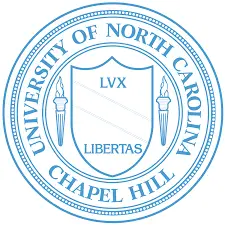
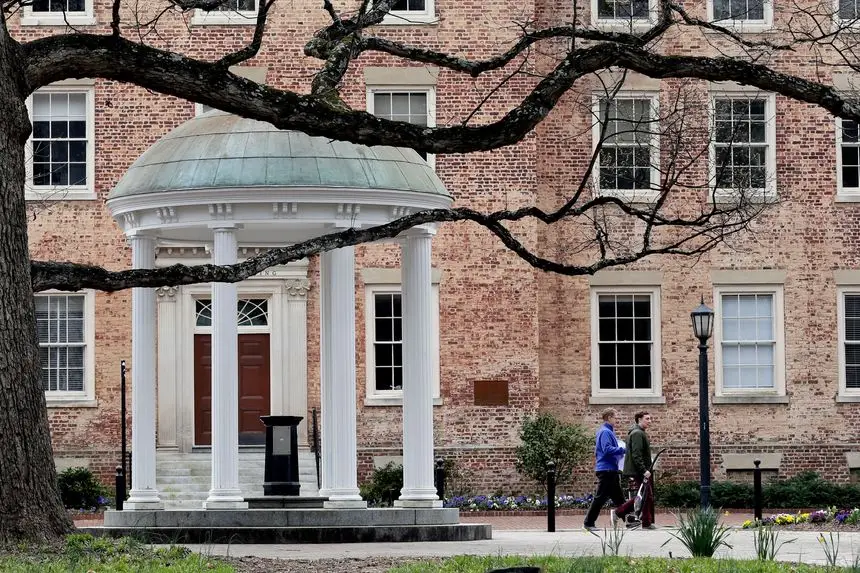
- Acceptance rate: 20%
- Average entry score: 1310-1500 SAT or 29-33 ACT
- Student-to-faculty ratio: 13 to 1
- Estimated cost of attendance (tuition and fees): $24,546-$51,725
- Average earning potential for graduates: $36,613 (College Factual)
UNC-Chapel Hill offers a broad-based political science curriculum for undergraduates. The political science major includes a core of courses in American politics, comparative politics, international relations, and political theory.
Graduate students explore these fields in greater depth through a range of specializations. Other than learning resources, UNC-Chapel Hill also offers students numerous opportunities to apply their knowledge.
The university has a long history of offering internships and research assistantships that provide hands-on experience in public service, policy analysis, and other political pursuits.
Source: UNC Catalog
#16. University of California, Berkeley
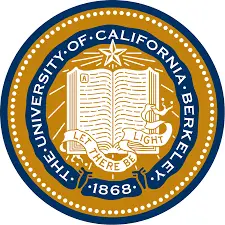

- Acceptance rate: 14%
- Average entry score: 1415 SAT
- Student-to-faculty ratio: 17 to 1
- Estimated cost of attendance (tuition and fees): $41,878-$71,632
- Average earning potential for graduates: $42,402 (College Factual)
The UC Berkeley Political Science Department’s program is like a political playground for students who want to dive into the depths of government.
With courses ranging from the American government to international relations theory, this program provides a solid foundation in theories, methods, and skills needed for a career in politics.
That said, UC Berkeley is a political powerhouse that will equip students with the tools they need to rule the world.
Source: UC Berkeley Political Science
What’s it like to study at UC Berkeley?
#15. Emory University


- Acceptance rate: 13%
- Average entry score: 1420-1540 SAT or 32-34 ACT
- Student-to-faculty ratio: 9 to 1
- Estimated cost of attendance (tuition and fees): $75,594
- Average earning potential for graduates: $37,188 (College Factual)
Emory University provides in-depth political science education to address modern political issues.
The rigorous and balanced education in political science at Emory University provides students with a foundation in the history of political thought.
It also trains them on empirical methods and research design. Students learn to apply their knowledge to real-world problems by studying politics at every level from local communities upward to the global arena.
Source: Department of Political Science, Emory University
#14. University of California Los Angeles


- Acceptance rate: 11%
- Average entry score: 1290-1520 SAT
- Student-to-faculty ratio: 18 to 1
- Estimated cost of attendance (tuition and fees): $16,847-$31,949
- Average earning potential for graduates: $37,656 (College Factual)
University of California Los Angeles Department of Political Science combines a love of politics with a passion for research.
Students benefit from a supportive environment that encourages them to explore the political world, listen carefully to their peers, and develop into thoughtful citizens.
The department is known for its interdisciplinary approach to teaching and research, fostering an appreciation of politics in relation to history, literature, philosophy, and other disciplines.
Source: UCLA Political Science
Similar articles like this:
- 25 Best Schools For Business Management Studies In The US
- 25 Best Schools For Programming In The US
- 25 Best Commerce Schools In The US
#13. Cornell University
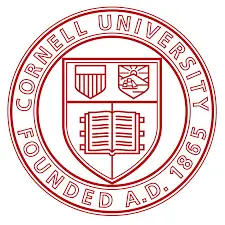

- Acceptance rate: 11%
- Average entry score: 1450-1560 SAT or 33-35 ACT
- Student-to-faculty ratio: 9 to 1
- Estimated cost of attendance (tuition and fees): $78,992
- Average earning potential for graduates: $45,100 (College Simply)
Cornell’s Department of Government explores political science through the lens of government institutions, political behavior, and public policy.
Aspiring scientists and students of political science, as well as those who prefer to keep their politics out of the lab, will find an engaging environment at Cornell.
The Department is known for its innovative teaching and research, which spans a wide range of subfields including American politics, comparative politics, international relations, political theory, and methodologies.
Source: Cornell University Department of Government
#12. New York University
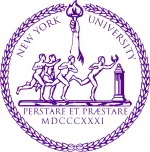

- Acceptance rate: 10%
- Average entry score: 1455 SAT or 33 ACT
- Student-to-faculty ratio: 8 to 1
- Estimated cost of attendance (tuition and fees): $80,878
- Average earning potential for graduates: $48,488 (College Factual)
At NYU, political science students study theory, law, and politics. They are challenged with real-world issues and debate current topics like globalization, terrorism, immigration, and civil rights.
Backed by the resources of a top-ranked research university, NYU political science students learn from experts in their fields. They are exposed to the latest research and work alongside faculty who are recognized as leaders in their field.
The department also offers students opportunities for specialization, including classes on International Relations, Comparative Politics, Political Theory, American Government, and Public Policy Analysis.
Source: NYU
#11. University of Chicago
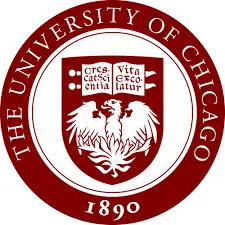

- Acceptance rate: 7%
- Average entry score: 1510-1580 SAT or 33-35 ACT
- Student-to-faculty ratio: 5 to 1
- Estimated cost of attendance (tuition and fees): $85,536
- Average earning potential for graduates: $43,320 (Grad Reports)
At the University of Chicago, the Department of Political Science has been a pioneer in developing social scientific understandings of government and politics.
The institution values a diverse range of approaches and methods, as well as a pure appreciation for fine scholarship.
Many notable political scientists have emerged from the department, contributing significantly to the field. Among these distinguished scholars is Herbert Simon, the first political scientist to receive the Nobel Prize for his intellectual achievements.
Source: University of Chicago
#10. Northwestern University
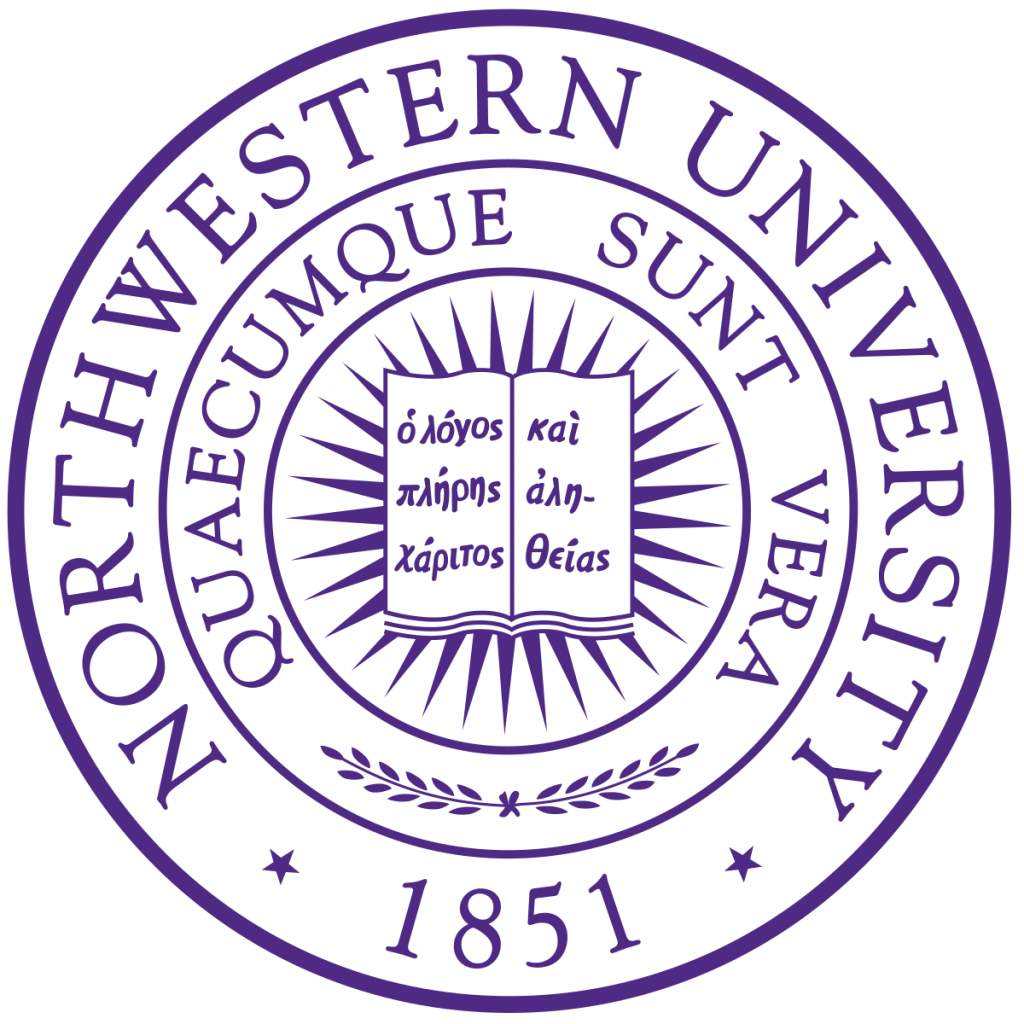

- Acceptance rate: 7%
- Average entry score: 1440-1550 SAT or 33-35 ACT
- Student-to-faculty ratio: 6 to 1
- Estimated cost of attendance (tuition and fees): $62,391
- Average earning potential for graduates: $47,000 (College Simply)
Northwestern University, through the Department of Political Science, brings together a community of scholars who are engaged in research and teaching on the political processes that shape our world.
Students acquire the tools and skills needed to be effective decision-makers in public, private, and non-profit organizations.
The department endeavors to provide students with a broad understanding of political life through courses on theory, American government, political behavior, and comparative politics.
Source: Academic Catalog, Northwestern University
Similar articles like this:
#9. Vanderbilt University
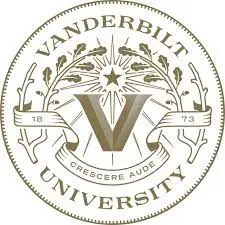

- Acceptance rate: 7%
- Average entry score: 1480-1570 SAT or 34-35 ACT
- Student-to-faculty ratio: 8 to 1
- Estimated cost of attendance (tuition and fees): $79,558
- Average earning potential for graduates: $40,100 (College Factual)
Vanderbilt University’s political science programs produce scholars who are trained to be both critical thinkers and problem solvers.
Their faculty have a broad range of interests and expertise that reflect the dynamic field of political science. Students benefit from the research and teaching excellence of the university’s political science department.
This way, graduates are well prepared to enter the field of political science, as well as other related fields such as law or public policy.
Source: Vanderbilt University
8. University of Pennsylvania
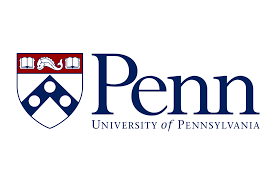

- Acceptance rate: 6%
- Average entry score: 1460-1570 SAT or 33-35 ACT
- Student-to-faculty ratio: 7 to 1
- Estimated cost of attendance (tuition and fees): $65,790
- Average earning potential for graduates: $53,858 (College Factual)
The University of Pennsylvania’s Department of Political Science has an outstanding reputation and is consistently ranked among the top political science programs in the country.
Its faculty includes some of the most distinguished scholars in their fields, who are frequently cited as among the most influential political scientists in North America.
Students take advantage of the department’s research and teaching strengths by taking courses from different areas. The department also offers a large number of minors in related fields such as economics, history, and sociology.
Source: Department of Political Science
#7. Duke University
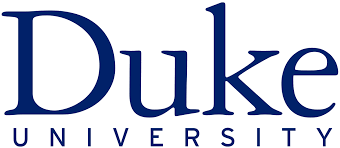

- Acceptance rate: 6%
- Average entry score: 1480-1570 SAT or 33-35 ACT
- Student-to-faculty ratio: 8 to 1
- Estimated cost of attendance (tuition and fees): $84,517
- Average earning potential for graduates: $47,400 (College Factual)
As another top school for future political scientists, Duke University offers an unparalleled education in the field of political science.
With a distinguished faculty and a wide range of courses, students can explore topics ranging from American politics to international relations.
Duke’s location in Durham, North Carolina, also provides students with access to a vibrant political community and numerous internship opportunities in government and non-profit organizations.
Source: Duke University Political Science
#6. Princeton University
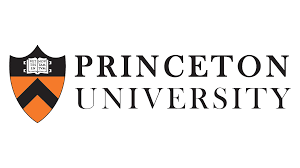

- Acceptance rate: 5%
- Average entry score: 1570 SAT
- Student-to-faculty ratio: 5 to 1
- Estimated cost of attendance (tuition and fees): $78,490
- Average earning potential for graduates: $37,831 (College Factual)
Princeton is a well-known institution, and it’s not hard to see why. The quality of education at Princeton is top-notch, with courses taught by some of the best political science professors.
Many students learn more from their classes at this school than elsewhere. At Princeton, professors are dedicated to teaching and helping students understand difficult concepts.
The school also boasts an impressive list of resources, ranging from libraries to repositories of historical documents.
Source: Princeton Politics
What’s it like to study at Princeton University?
Similar articles like this:
- Best Schools For Geography Degrees
- 25 Best Business Administration Schools In The US
- Best Schools For Forensic Science
#5. Yale University

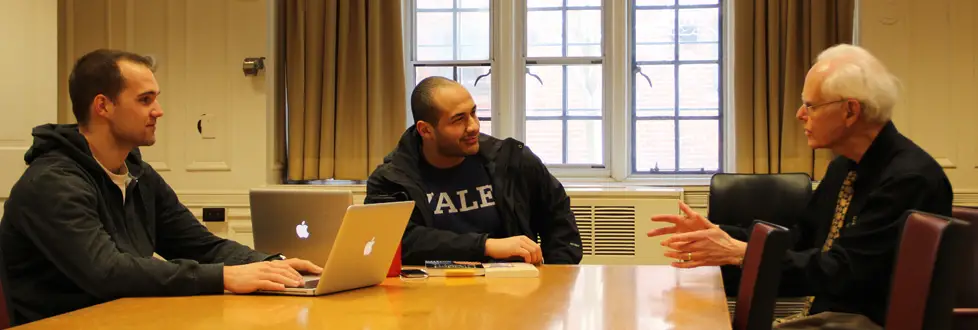
- Acceptance rate: 5%
- Average entry score: 33-35 ACT
- Student-to-faculty ratio: 6 to 1
- Estimated cost of attendance (tuition and fees): $84,525
- Average earning potential for graduates: $49,100 (College Factual)
Yale University’s political science programs are committed to interdisciplinary research and teaching.
The department encourages students to pursue their interests in political theory, international relations, comparative politics, American politics, and public policy.
Students are guided by faculty members to develop a broad understanding of politics, beyond the scope of any one academic discipline.
This way, students learn how to use the tools of political science and other disciplines to understand the world around them.
Source: Yale Department of Political Science
What’s it like to study at Yale University?
#4. Columbia University
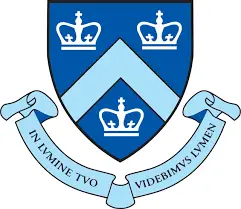
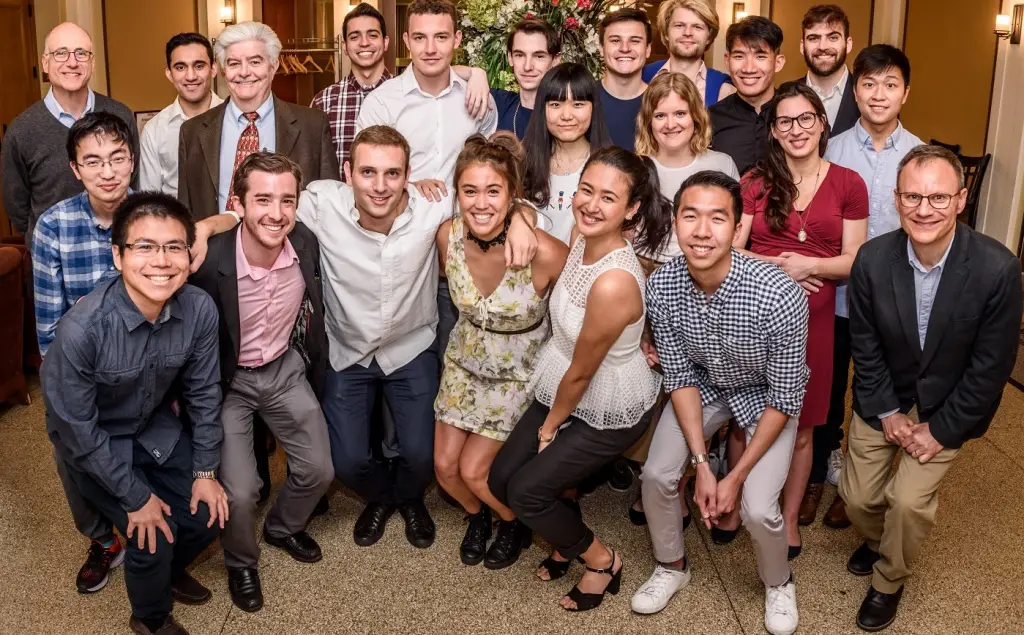
- Acceptance rate: 4%
- Average entry score: 1440-1570 SAT or 34-35 ACT
- Student-to-faculty ratio: 6 to 1
- Estimated cost of attendance (tuition and fees): $85,000
- Average earning potential for graduates: $52,096 (College Factual)
With unparalleled access to cutting-edge research and resources, Columbia is the ideal place to study political science at the highest level.
The faculty at Columbia University are world-renowned experts in political science, with a deep understanding of power and governance role in shaping society.
Their programs offer a rigorous curriculum that challenges students to think critically about complex political issues. They also provide students with analytical and communication skills essential for success in various careers, including government and academia.
Source: Columbia College
#3. Stanford University
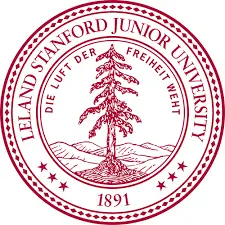

- Acceptance rate: 4%
- Average entry score: 1470-1570 SAT or 34-35 ACT
- Student-to-faculty ratio: 5 to 1
- Estimated cost of attendance (tuition and fees): $78,898
- Average earning potential for graduates: $46,407 (College Factual)
Stanford University is one of the top political science schools in the US. It offers quality education, with faculty that are experts in their fields.
The school also has an extensive library and resources available to students.
Students enjoy a refined college experience, with a variety of extracurricular activities and opportunities available. The political science program at Stanford is rigorous and challenging, yet students also have a lot of fun along the way.
Source: Stanford University
What’s it like to study at Stanford University?
#2. Harvard University

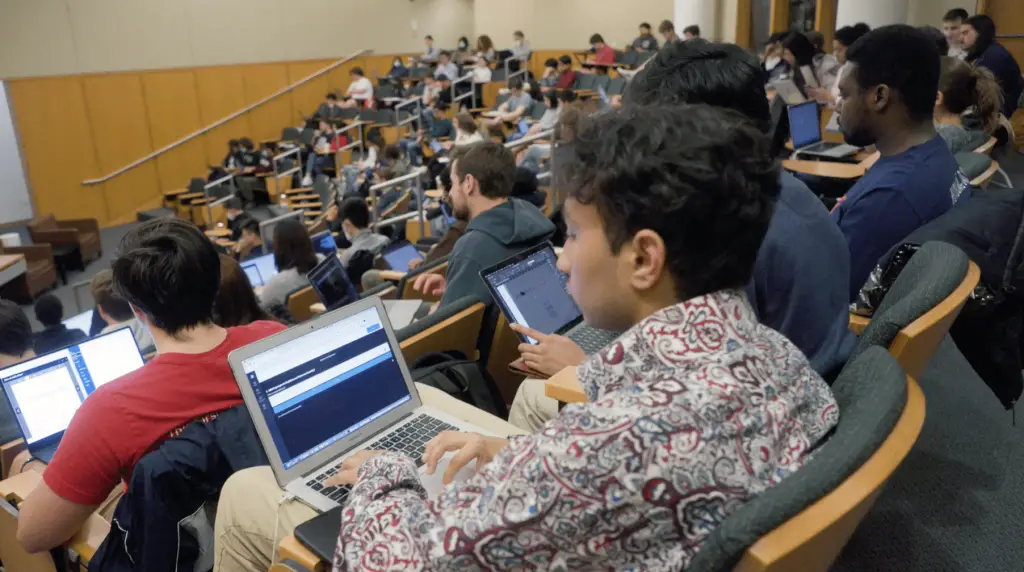
- Acceptance rate: 4%
- Average entry score: 1460-1580 SAT or 33-35 ACT
- Student-to-faculty ratio: 7 to 1
- Estimated cost of attendance (tuition and fees): $76,963
- Average earning potential for graduates: $57,318 (College Factual)
With an average GPA of 3.64 and an acceptance rate of less than 5%, Harvard’s academic reputation is unrivaled.
The school offers political science students the perfect mix of rigorous coursework and opportunities for research, making it a top choice for political science majors.
Harvard’s renowned faculty includes distinguished scholars like Robert Putnam, who has been an outspoken critic of the Trump administration.
Source: Harvard University
What’s it like to study at Harvard University?
#1. Massachusetts Institute of Technology

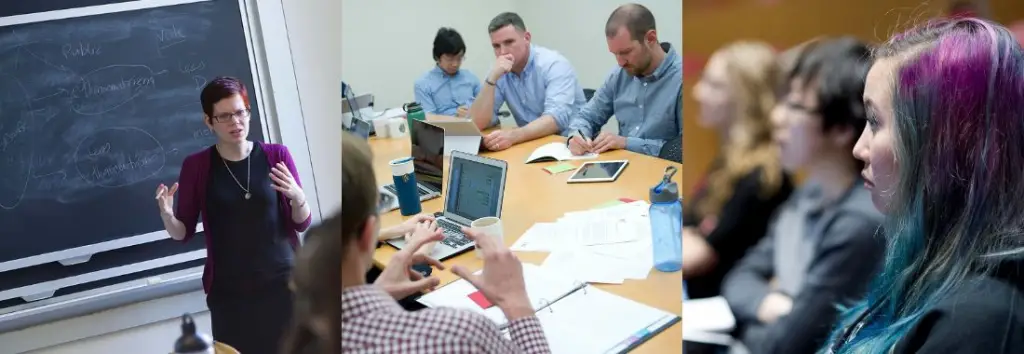
- Acceptance rate: 4%
- Average entry score: 1570 SAT or 36 ACT
- Student-to-faculty ratio: 3 to 1
- Estimated cost of attendance (tuition and fees): $77,570
- Average earning potential for graduates: $69,340 (Grad Reports)
MIT is one of the leading institutions for both undergraduate and graduate political science programs.
Their curriculum includes courses that cover various aspects of political science, including comparative politics, international relations, and political theory.
MIT’S political science faculty has published numerous books and articles on topics ranging from democracy and authoritarianism to social policy and inequality.
Also, MIT offers students opportunities to conduct research, participate in internships, and engage in public service.
This prepares them for successful careers in politics, law, academia, and beyond.
Source: MIT Department of Political Science
What’s it like to study at MIT?
Conclusion
As a final thought, we want to emphasize the importance of finding the right fit for you, as each school has its own unique strengths and weaknesses.
We urge you to use this guide as a starting point in your research. Do your own due diligence and visit campuses, talk to professors and students, and learn as much as possible about each school.
With the right information, you can make an informed decision and find the best political science program that will set you up for success in your future career.
Selection Criteria
Here is a list of the factors we considered when selecting the best political science schools:
Please note that the order in this list might vary by ranking criteria and sources.
- Reputation and ranking of the school: We looked for schools that have a strong reputation and high ranking in the field of political science.
- Faculty expertise, qualifications, and specialization: We researched the faculty members and their areas of expertise and qualifications to ensure that the school has professors with relevant expertise and specialization in the areas of political science that are of interest.
- Curriculum and resources: We evaluated the curriculum to ensure it aligns with students’ interests and career goals and considered the quality of the school’s facilities and resources, such as labs, equipment, and libraries.
- Opportunities for hands-on learning and research: We looked for schools that provide opportunities for hands-on experience through internships, co-op programs, or fieldwork.
- Student support services and alumni network: We considered the availability of support services and the strength of the alumni network in providing mentorship, internships, and job opportunities after graduation.
- Extracurricular activities and diversity: We evaluated the availability of extracurricular activities and clubs that align with students’ interests and considered the school’s diversity and inclusivity.
- Networking and post-graduation support: We researched the school’s network of alumni and their post-graduation support for political science students and also considered if the schools have a strong network of industry professionals and researchers in political science.
Frequently Asked Questions
Q1. What are the best political science schools in the United States?
To find the best political science schools in the United States, you should consider several factors:
- The school’s reputation for quality education (especially with regard to political science)
- Size of its student body and faculty
- The reputation of its graduates in the political science field, including their success getting jobs at top companies and institutions
That said, the best political science schools in the United States are:
- Stanford University
- University of California, Berkeley
- Princeton University
- Harvard University
- Yale University
Q2. What kind of networking opportunities are available for political science students at top schools?
Networking opportunities for political science students are available through various events hosted by the school throughout the year.
These include guest lectures, panels, and workshops featuring prominent political figures and experts. There are also student organizations that allow students to connect with peers with similar interests.
Q3. How do the best schools approach the study of political theory?
Top political science programs place a strong emphasis on the study of political theory, which is integrated throughout the curriculum.
They offer courses in political philosophy, democratic theory, and social justice. Faculty members have expertise in a wide range of theoretical approaches.
Students are encouraged to engage with political theory through independent research and other experiential learning opportunities.
Q4. How do the best schools approach the study of international politics?
Top schools offer various courses and experiential learning opportunities related to international politics.
The programs have faculty members with international security, global governance, and international political economy expertise.
Students can participate in study abroad programs and international internships, and research projects.
Q5. How do top schools integrate technology into the political science curriculum?
These schools recognize the importance of technology in the study of politics and government.
Other than programs focusing on digital politics, data analysis, and social media and politics, many schools have established centers that focus on the intersection of technology and politics.
References
[1] Official Websites
[2] Salary Data from Glassdoor, Grad Reports, College Factual, College Simply, Zippia
[3] Ranking references, including news media such as


